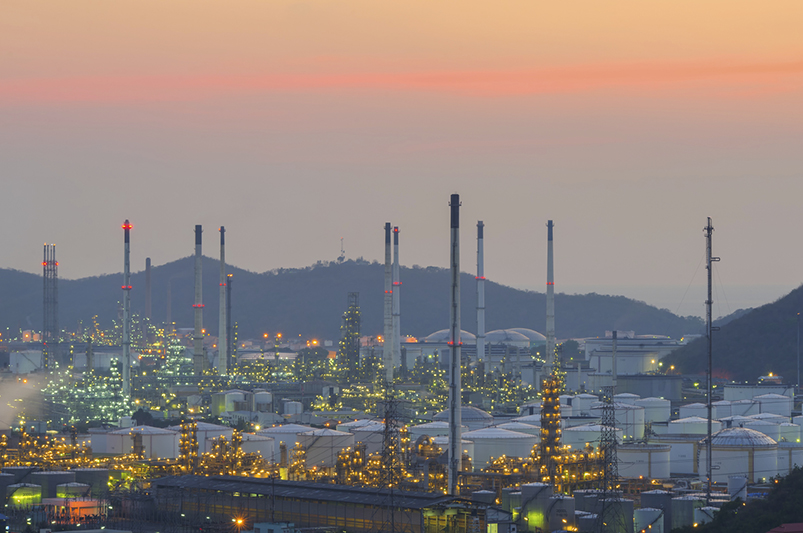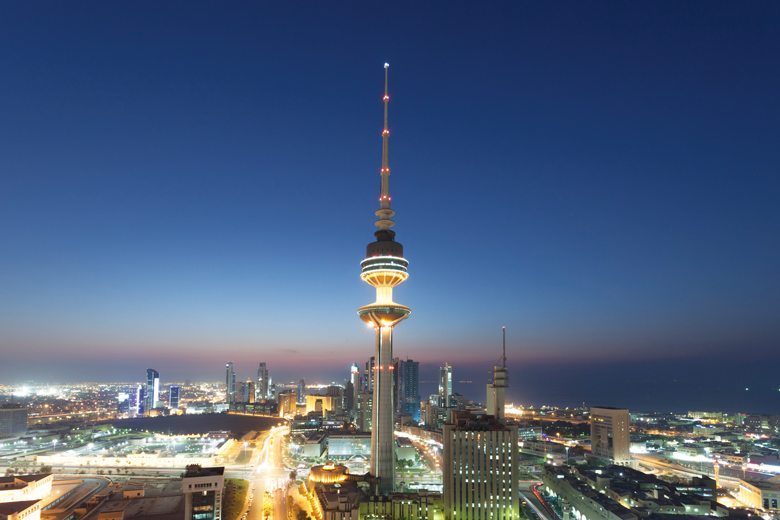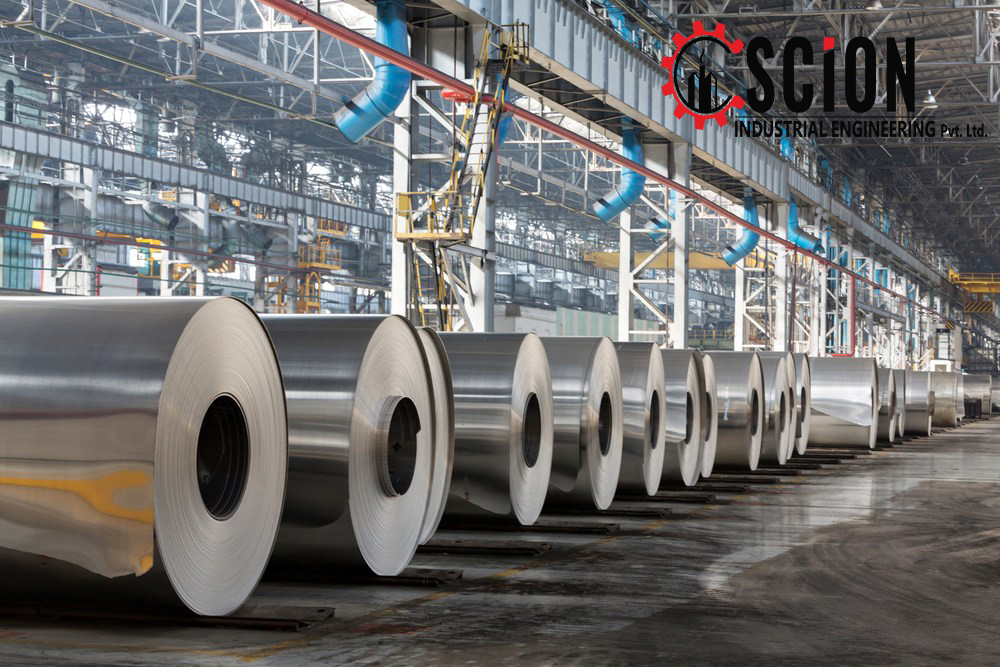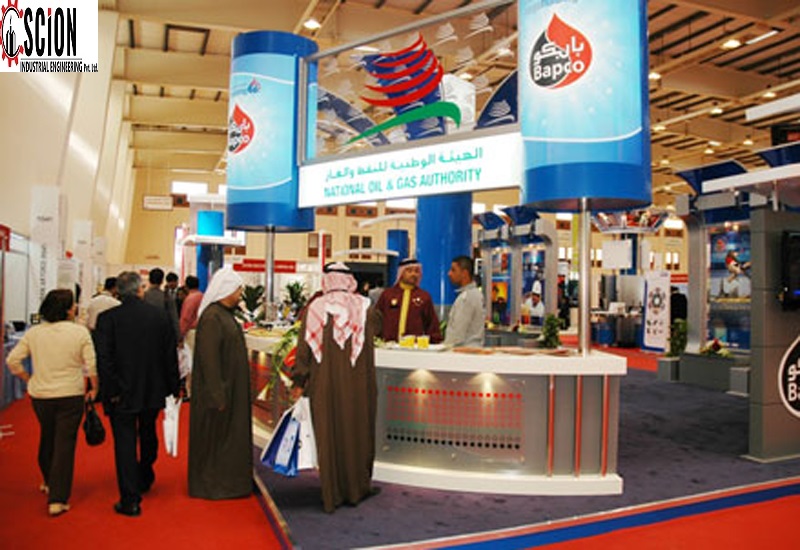On a recent afternoon at the Oriental Paper Products factory just outside of Beirut, more than a dozen workers were busy on the factory floor, grateful for their jobs producing notebooks, papers, and office supplies.
But one level up, in CEO Ziad Bekdache’s office, the mood was far grimmer. Not for the first time, the industrialist found himself adjusting his employees’ salaries to compensate for yet another fall in the Lebanese pound.
The numbers shuffling pushed him more step closer to a reckoning he’s managed to put off since the country first plunged into economic crisis more than two years ago.
“We have a problem,” Bekdache told Al Jazeera. “We industrialists are rooted here in Lebanon, but when you have a noose around your neck, you can either try to struggle or decide to leave.”
Oriental Paper Products opened its factory in 1955. During the decades, it has exported products to countries across Europe, the Middle East and North Africa. But maintaining its foothold in Lebanon has become increasingly untenable.
The Lebanese pound has lost more than 90 percent of its value since October 2019. The country’s eye-watering inflation is currently among the highest in the world, even topping Venezuela and Zimbabwe’s in the latter half of this year . Three-quarters of the population live in poverty, and hundreds of thousands of families are in desperate need of aid just to keep food on the table.
Bekdache, who is also the vice president of the Association of Lebanese Industrialists, says Lebanon’s current crisis did not happen overnight but was the product of decades of poor economic planning that saw successive governments prioritise tourism and banking over manufacturers.
“This is what bankrupted the country, the government wasted public resources and neglected productive sectors,” he said. “After they bankrupted the country, they’re all of a sudden talking about promoting the productive sectors. Well, they’re 25 years late.”
Last month, Bakdache and his fellow manufacturers were dealt yet another devastating blow when a diplomatic dispute led Saudi Arabia to declare an all-out ban on products imported from Lebanon.
“Many industrialists are now looking for a plan B,” said Bekdache “They have a few options, like closing here and moving elsewhere, opening a second factory abroad to be their hub for exports, or downsizing to cut costs.”
Bekdache is especially loath to let staff go. “I have about 70 workers and employees here, most who have worked for over 20 years,” he said. “We work closely, we know about our ups and downs – can I just walk up to them and say, ‘Thank you, goodbye, and good luck?’”
Shrinking lines of credit
Prices of raw materials have spiked around the world this year thanks to supply chain snarls and shortages stemming from pandemic disruptions. But in Lebanon, the sharp depreciation of the pound and a growing scarcity of foreign exchange has only exacerbated those price pressures.
Bekdache and some of his fellow manufacturers have managed to weather that storm thanks to a 2020 financing scheme spearheaded by Lebanese expatriates called the Cedar Oxygen Fund – a private initiative that has also garnered support from Lebanon’s central bank.
But Bekdache said a longer-term solution is needed. “The Central Bank put $550m into the initiative and we’re thankful, but this is not an alternative for the future.”
With the country’s financial sector over a barrel, lines of credit firms normally depend on to fund day-to-day operations and invest in new equipment have also dried up.
“We’re now working in a cash-based economy that has both its pros and cons. We’re able to secure our primary materials, but we don’t have that extra money to invest in machinery,” Bekdache explained as he inspected the factory. “And you know, in industry, if you don’t upgrade your machinery, you might as well close for good.”
Compounding the problem – revenue from domestic customers has evaporated during the crisis.
“When local consumption shrunk, we turned to exports to generate revenue,” Bekdache said.
But most of his new business abroad centred on Saudi Arabia and Gulf countries, with the kingdom accounting for roughly half of Oriental Paper Products’ exports.
Bekdache said several shipments that were en route to Saudi Arabia are now stuck in transit and he fears his clients in the kingdom will simply turn to another supplier if trade ties are not restored soon.
He and other industrialists have estimated that exports to Saudi Arabia were to double in 2022 before the ban.
‘Dark tunnel’
There is no sign of relief on the horizon for Lebanon’s manufacturers. The diplomatic argument with Gulf states led by Saudi Arabia remains unresolved. Meanwhile, the Lebanese government under billionaire Prime Minister Najib Mikati has not met in more than two months, thanks to partisan political squabbling about the lead investigator of the Beirut Port blast.
Lebanon has yet to mount a credible financial reform blueprint that it needs to secure a bailout from the International Monetary Fund and put the economy on the road to recovery.
The recently appointed government hopes to reach a preliminary agreement with the fund by the new year. But Central Bank Governor Riad Salameh said on Tuesday that discussions about financial losses and other numbers are still ongoing and that Lebanon has not presented an economic recovery plan to the international organisation yet.
With more than two years of policy inaction, Bekdache said that Lebanon is stuck in a “dark tunnel”.
“We don’t know where this tunnel ends, and there is no light,” he said.
And in that void, he said, is a failed economy that is rife with smuggling, tax evasion, and endemic corruption, and in which manufacturers like him are now targeted by opportunists trying to profit from a broken system.
Bekdache recalled the tale of a colleague who received a call from someone at the port of Beirut offering to let him bypass $20,000 in customs and fees on the goods he had imported if he were willing to pay the person $5,000 under the table – a slippery deal Bekdache said his fellow manufacturer rejected.
“The man at the port then said, ‘You’re jackasses, and will always be jackasses,’ and simply hung up,” Bekdache said.
The episode, he said, demonstrated that persistence can only keep Lebanon’s industrialists viable for so long.
Source:https://www.aljazeera.com/economy/2021/12/23/in-lebanon-manufacturers-mull-stark-choices-to-stay-in-business







